Hypnosis or hypnotherapy – used guided relaxation, intense concentration, and focused attention to achieve a heightened sense of awareness that is sometimes called a trance. The person’s attention is so focused while in this state that anything going on around the person is temporarily blocked out or ignored. In this naturally occurring state, a person may focus his or hers attention – with the help of a trained therapist – on specific thoughts or tasks.

How does Hypnosis work?
Hypnosis is usually considered an aid to psychotherapy (counseling or therapy) because the hypnotic state allows people to explore painful thoughts, feelings and memories they might have might have hidden from their conscious minds. In addition, hypnosis enables people to perceive some things differently, such as blocking an awareness to pain.
Hypnosis can be used in two ways, as suggestion therapy or for patient analysis.
- Suggestion therapy: The hypnotic state makes the person better able to respond to suggestions. Therefore, hypnotherapy can help some people change certain behaviours, such as stopping smoking or nail biting. It can also help people change perceptions and sensations, and is particularly useful in treating pain.
- Analysis: This approach uses the relaxed state to explore a possible psychological root cause of a disorder or symptom, such as a traumatic past event that a person has hidden in his or her unconscious memory. Once the trauma is reveled, it can be address in psychotherapy.
What are the benefits of hypnosis?
The hypnotic state allows a person to be more open to discussion and suggestion. It can improve the success of other treatments for many conditions, including:
- Phobias, fears and anxiety
- Weight loss / Management
- Depression
- Stress
- Dental Phobia
Hypnosis also might be used to help with pain control and to overcome habits, such as smoking or over eating. It also might be helpful for people whose symptoms are severe or who need crisis management.
How can you help me overcome my fear of Dentistry?
We can help you with clinical hypnotherapy to re-programme your subconscious mind. Much to peoples surprise, phobias can start away back in life. Important details are take of your present and past fears and experiences.
Then time is taken to relax you in the clinical hypnotherapy room away from any actual dental work.
Verbal anchors are given to help you relax on future visits and the process starts to bring you back to a normal response with your dental procedures.
How long will it take?
Usually a minimum of two hours in the hypnotherapy office and one hour treatment of dental procedure along with clinical hypnosis, all under one roof. In summary, 3 hour session in one day or 2 hours and one hour, one week apart.

